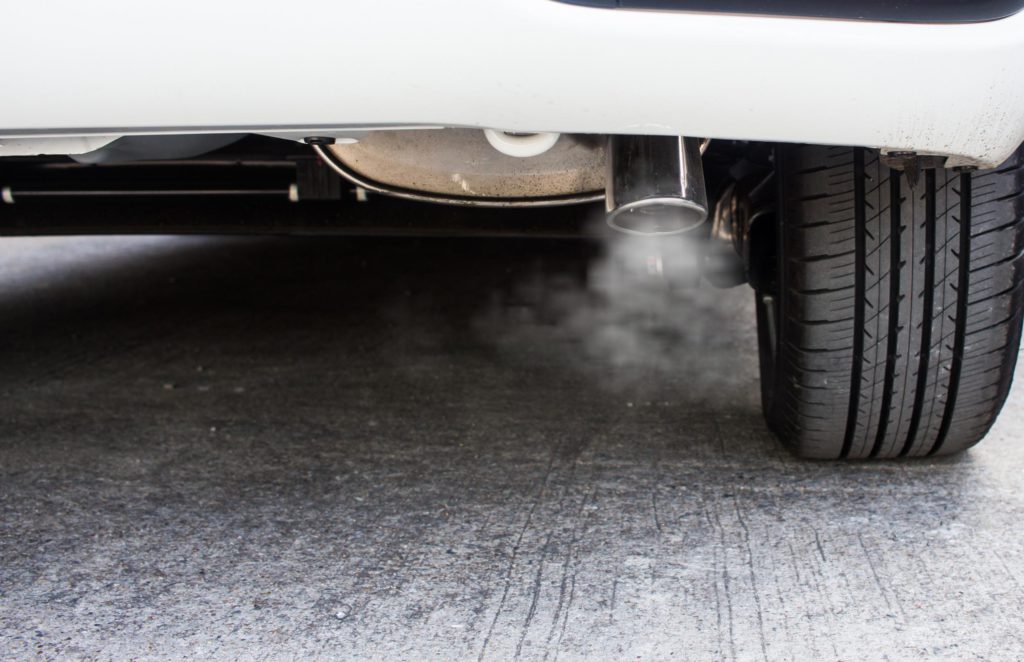Germany wrestles with diesel and electric vehicle incentives
31 July 2017

31 July 2017
Following on from the federal administrative court ruling on Friday (28 July) that air pollution should also be reduced through the introduction of diesel driving bans if necessary – and ahead of the national diesel forum on Wednesday (2 August) – Germany continues to wrestle with how to tackle the diesel issue and advance the electric vehicle revolution.
At the summit meeting in Berlin, representatives of the Government, the federal states and the car industry will discuss measures to reduce the excessively high pollution from traffic. The German environment ministry has already rejected proposals for tax incentives to promote the sale of low-emission diesel and electric cars. As reported by Automotive News Europe, ′Stephan Weil, prime minister of Lower Saxony, has proposed financial incentives for drivers of older diesel cars to switch to more efficient models, while Horst Seehofer, the premier of Bavaria – home to BMW – wants car tax to be lowered for owners of diesel models designed to meet the latest Euro-6 emission standards.’ A spokeswoman for the ministry said on Saturday: ′We are not particularly interested in supporting a technology that in the foreseeable future no longer belongs on the roads anyway.’
The German transport ministry and carmakers are keen to reduce harmful nitrogen oxide (NOx) emissions by retrofitting older diesels with updated engine management software, but the court ruling in Stuttgart on Friday that this alone would be insufficient means Germany is still looking for alternative solutions to driving bans in order to bring emissions down to the levels required to meet European emissions regulations. Weil, himself a member of the Volkswagen (VW) supervisory board, was quoted in the Tagesspiegel am Sonntag newspaper as saying: ′If one were to fulfil Euro-6 pollutant reduction targets with Euro-5 cars, pure software solutions would not be enough.’ He also echoed previous calls for carmakers to make a ′significant’ contribution towards funding possible hardware changes as car owners should not have to bear any of the costs. DUH, the German environmental lobby group which won the court case against the state of Baden-WÜrttemberg on Friday, estimates that replacing emission control systems would cost about €1,500 per car, compared with a cost of just €100 per vehicle for software updates.
′Retrofittings must on balance be successful, so that Euro-5 cars will continue to be allowed to drive into the cities – that is the central agreement that must be the outcome of the diesel summit,’ Roman Zitzelsberger, head of the IG Metall trade union in Baden-WÜrttemberg, was quoted as saying by Tagesspiegel am Sonntag.
Meanwhile, according to an article in the Frankfurter Rundschau newspaper, the Green Party is proposing the introduction of a ′temporary conversion bonus’ for owners of older diesel cars when buying an emissions-free car and even proposes that emissions-free cars should be given tax credits which balance out the additional costs compared to cars with internal combustion engines. The aim would be to eliminate any diesel subsidies and to convert vehicle taxation to be based on CO2 emissions across the EU.
According to an article in the Rheinische Post newspaper, Andreas Pinkwart, economics minister for the state of North Rhine Westphalia, has also questioned tax breaks for diesel cars. He told the paper: ′A subsidy for diesel technology by the state cannot be justified in the medium term if the foundations for the privileges, as we now know, have disappeared.’ He is seeking a ′smooth transition’ for owners of diesel cars and demands that the German car industry should invest much more in electric mobility solutions. ′This also concerns the export capability of the German car industry if clear guidelines for electric cars are given in China and only electric cars are allowed to drive in conurbations in a few years’ time. In this area, German manufacturers were too hesitant and timid in recent years.’ He added that it should be clear to everyone that ′diesel technology is a transition technology.’
The German carmakers themselves will undoubtedly have comments to counter this sentiment, with Daimler on an electric vehicle offensive with its EQ brand, BMW cutting options in order to increase spending on research and development and VW tripling its EV engine budget to €9 billion. Coincidentally, Reuters reported on Sunday (30 July) that ′Audi aims to cut costs by €10 billion by 2022 to help fund a shift to electric cars as it seeks to move on after the emissions scandal.’